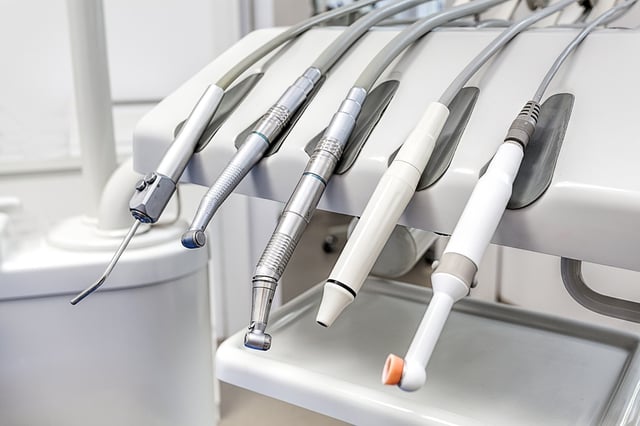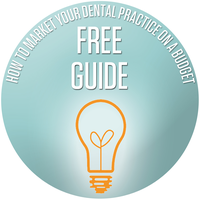If your dental office is reviewing its productivity and you are thinking about pivoting to mechanical devices, or if you are planning to open a new dental practice and wondering whether to rely on manual instruments or mechanical devices, there is good news. Research has shown both manual and mechanical dental instruments to be effective scaling devices. So, which do you choose? Let's look at each and go over which one might be the pick for your office!
 Dentist or hygienist preference
Dentist or hygienist preference
For some dentists, the choice really comes down to their training.
Often, dentists and hygienists who were trained primarily or exclusively with manual instruments will always prefer those. They have a personal preference for the personal touch. Why? They tend to believe that these instruments enable them to detect and remove plaque that mechanical devices may miss.
Dentists and hygienists trained using mechanical or power devices typically prefer those. While older mechanical devices may have missed some plaque, newer designs include better inserts that are at least as effective as manual devices—and in some cases, better, as we will show.
Note, too, that mechanical scalers may help the hygiene appointment move along more quickly—a productivity concern for most dental offices.
Patient preference
As you get to know your individual patients, you may find that they, too, have a preference for either manual or mechanical scalers.
Some patients may find the power scalers more comfortable—an advantage for patients sensitive to pain or easily discomforted. On the other hand, patients who tend to be afraid of machines—especially dentists’ drills—may find the manual approach more comforting.
If your practice includes children, the same idea holds true: some children will delight that you’re using a machine to clean their teeth—especially if you give it a fun name! Other children will shrink or cry at the idea of machine and much prefer a hand-held instrument. Additionally, for children with baby teeth or brand new permanent teeth, the better approach may be the hand instrument and a gentle touch.
Condition of the patient’s oral cavity
Another consideration is the condition of the patient’s oral cavity, especially their gums.
For patients who have deeper pockets or periodontal disease, the mechanical scaler may be the go-to tool. Here’s why:
- Mechanical scalers have tips designed to clean hard-to-reach areas and deep pockets.
- For patients who require more frequent cleanings or patients whose teeth are particularly sensitive, mechanical scalers are likely to be gentler yet still effective.
Other considerations
Dentists and hygienists should consider two more key issues when deciding on whether to work with manual instruments or mechanical devices:
- Be absolutely certain to ask whether the patient has a pacemaker inserted. While the likelihood is that their pacemaker has a shield, the wiser option is the manual instrument.
- Patients who have restorations or titanium implants are best treated using manual instruments.
Clearly there is a role for both manual instruments and mechanical scalers in every dental practice. Just as clearly, the decision on which to use is optimized when a combination of your preference, the patient’s preference, and the state of the patient’s teeth and gums are taken into consideration together. But instruments are just one small part of your patients' experience. To see if you are meeting all your patients' expectations, click the imiage below for our FREE patient experience checklist!


